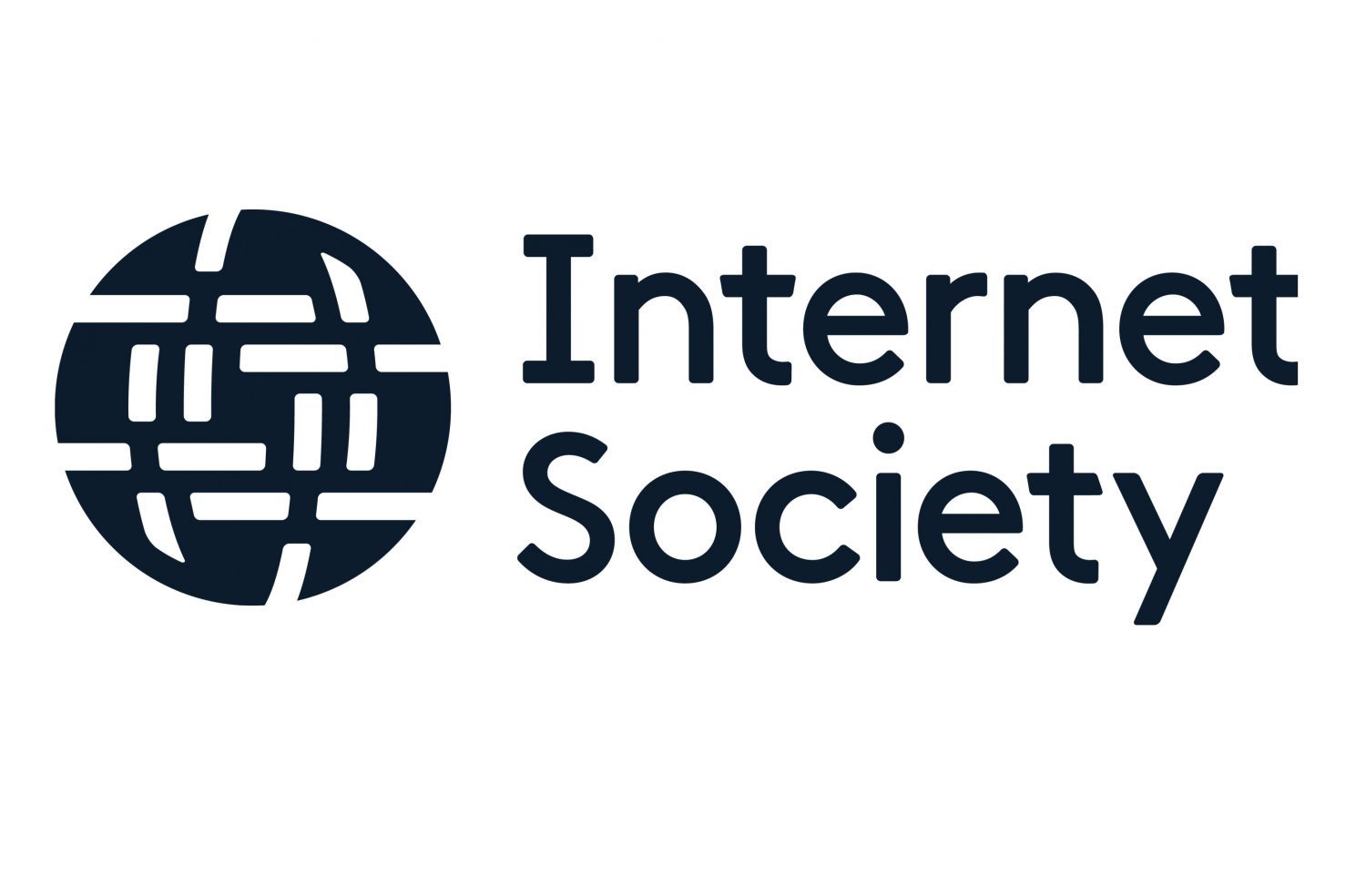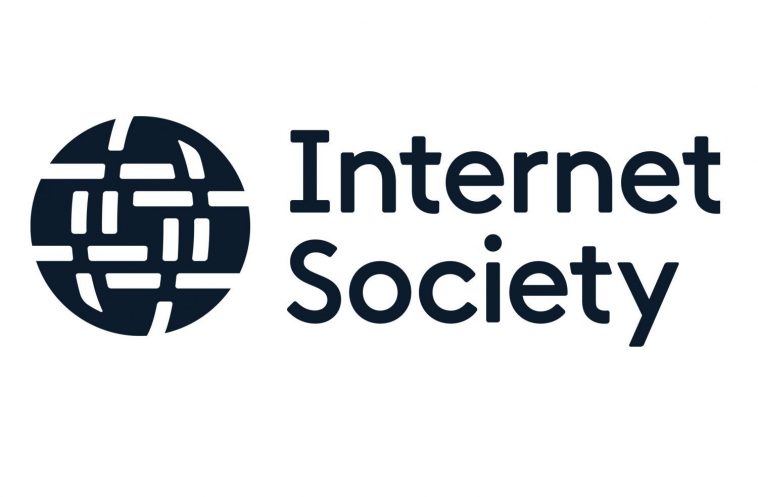TechInAfrica – Even though Internet access has reached Africa, only 40% of the population connected to the Internet. The rest of the population remains unconnected. Therefore, Community Networks are there to overcome this gap. In addition, it’s an evolution of the Internet.
As the communications infrastructure built and used by the local communities, Community Networks offer a better solution to cope with the connectivity gap around the world, especially in underserved, remote, and rural areas. A recent survey identified 37 community networks in African countries where 25 of them are active.

The third Africa Community Summit in Eastern Cape, South Africa was held from 3-7 September 2018 by the Internet Society (http://www.InternetSociety.org) in partnership with the Association for Progressive Communications (APC) (https://www.APC.org) as well as Zenzelani Networks (http://Zenzeleni.net) will. The event was not only meant to be a promotion for the creation and growth of the Community Networks, but also engaged the community network operators in the area with content producers, regulators, and policymakers.
There were 13 countries participated in the event, including Cameroon, DRC, Egypt, Ethiopia, Kenya, Malawi, Namibia, South Africa, Sudan, Tanzania, Uganda, Zambia, and Zimbabwe. They were attending the event as well as the representatives of Community Networks in Spain, Germany, Argentina, India, and the United States.
The conference would talk about various topics, mostly about how Community Networks found solutions for the connectivity gap to help the locals get the internet access. In addition, they would also discuss how to maximize local network to improve delivery of basic services, inspire them to find relevant content and services, as well as to make regulations to support the existence of Community Networks in Africa.
As it is important for Community Networks to have access to spectrum, policymakers and regulators should make innovative approaches and work together with Community Networks to make it. An examination of an Internet Society report (https://www.internetsociety.org/policybriefs/spectrum gathered possible ways to get access to spectrum, which includes the use of unlicensed spectrum, sharing licensed spectrum and innovative licensing.
Michuki Mwangi, Senior Development Manager for Africa said that connectivity is important for the locals. Therefore, policy-makers should recognize it and help Community Networks by providing an enabling environment with innovative licensing as well as access to spectrum.
To end the Africa Community Networks Summit (https://bit.ly/2oCxh6Z), Zenzelani Networks as South Africa’s first telecommunications organization that is owned and run by a rural cooperative would pay a visit to communities. It installed and maintained its telecommunications infrastructure in a hope to give affordable voice and data services. The community and the residents would have all the revenues and took care of the proceeds.
It was predicted to be inexpensive to deploy Community Networks to build and maintained the network is as simple as an affordable wireless router. With the range from WiFi-only to mesh networks and mobile networks with voice and SMS Services-provided, they can reach at least less than 3,000 people or sometimes up to 50,000 users and more.
Carlos-Rey Moreno, Community Access Project Coordinator for APC explained that the Community Networks not only offer inexpensive access to unreachable areas but also give many more benefits to all the locals and more importantly, dismiss the connectivity gap in Africa.
Distributed by APO Group on behalf of Internet Society (ISOC).
Media Contact:
Allesandra de Santillana
Media Relations
Internet Society
About the Internet Society
Founded by Internet pioneers, the Internet Society (ISOC) (http://www.InternetSociety.org) is a non-profit organization dedicated to ensuring the open development, evolution, and use of the Internet. Working through a global community of chapters and members, the Internet Society collaborates with a broad range of groups to promote the technologies that keep the Internet safe and secure, and advocates for policies that enable universal access. The Internet Society is also the organizational home of the Internet Engineering Task Force (IETF).






Paying for the inefficiencies of legacy mobile network
https://www.linkedin.com/pulse/paying-inefficiencies-legacy-mobile-networks-osvaldo-coelho/